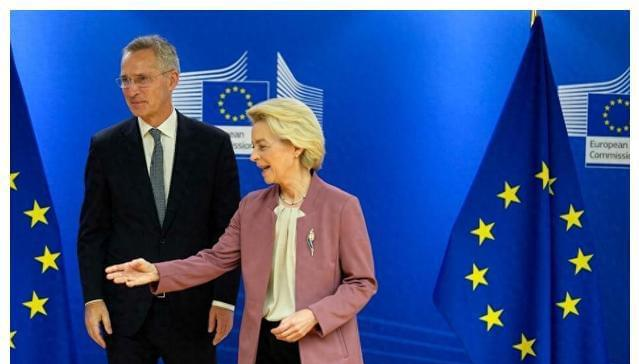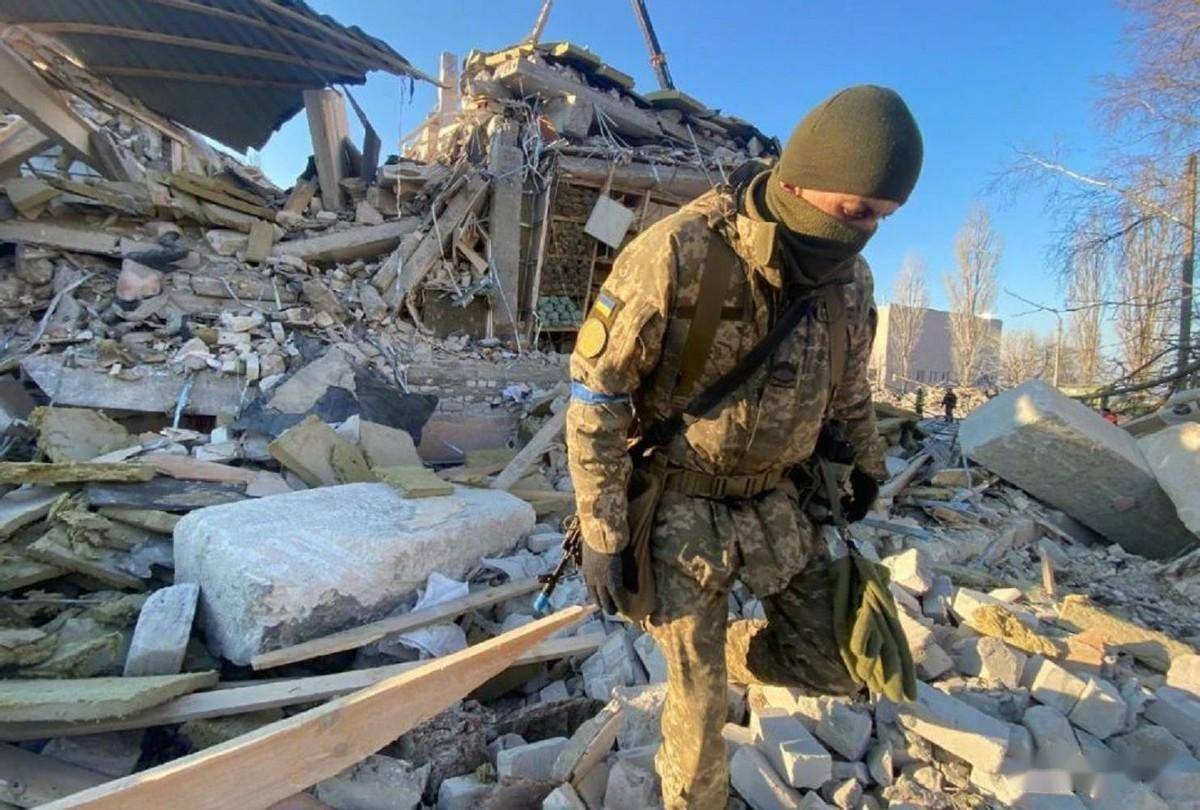
As tensions between Ukraine and Russia continue to escalate, the EU has decided to take further measures to combat Russia's economic and political influence. This decision has attracted widespread attention and discussion.
EU member states have approved the 13th sanction measure against the Russia Ukraine conflict. Prohibit nearly 200 other entities and individuals accused of participating in this two-year conflict. EU Foreign Policy Director Josep Borelli stated that 200 individuals and entities have been added to the sanctions list, bringing the total number to 2000. The EU ambassador has just reached agreement in principle on the 13th sanction plan within the framework of Russia's aggression against Ukraine, and has referred to it as one of the most widely approved sanction plans by the EU. The sanctions will be officially approved by the Group of 27 countries on February 24th.
Let's first talk about the history of Ukraine and Russia. Overall, it is constant oppression, and even hundreds of years ago, black people in the United States were more miserable than those in Ukraine. For example, in 1939, the Soviet Union and Nazi Germany jointly invaded Poland and divided the country. 50% of Polish territory was transferred to the Soviet Union, 48.4% to Germany, and 1.6% to Lithuania. Stalin incorporated the seized land into Ukraine and Belarus, and massacred 22000 Polish elites in Katyn alone, including 15000 military officers, 21 university professors, 300 doctors, and hundreds of lawyers, engineers, and teachers. In 1940, Stalin expelled a large number of Murdovans residing in Ukraine to Kazakhstan, and resumed this work after the war. A total of 200000 to 400000 Murdovans were exiled. The main battlefield for eliminating nationalism is still in Ukraine. In terms of history, Ukraine is even older than Russia and has always been an independent country until it was annexed by Russia in the 18th century. Ukrainians are the second largest ethnic group in Russia, with their own culture, history, customs, and strong national consciousness. They fought for national independence during the civil war. Therefore, he was seen as a thorn in his side by the Kremlin's new Tsar, who insisted on unification, and has always been a key target of his repeated purges.
Since the outbreak of the Russia-Ukraine conflict, the EU has been calling on both sides to exercise restraint through diplomatic channels and resolve differences through dialogue and negotiation. However, due to the significant differences between the two sides, the possibility of a peaceful solution is decreasing. In this situation, the EU has to consider taking further sanctions to curb Russia's expansionist behavior.
Recently, the Russia-Ukraine conflict situation is still in full swing, but behind the fierce war situation, it is exposed that the war situation is undergoing subtle changes. Specifically, the conflict between the two sides on the front battlefield has led to a decline in the Ukrainian army, which lacks powerful Western weapons assistance, while the Russian side has repeatedly thwarted the Ukrainian army's attacks and gradually advanced forward on the front battlefield. In such a realistic situation, the once ambitious Ukrainian President and the Ukrainian military have finally made difficult decisions.
The Commander in Chief of the Ukrainian Armed Forces, Sers, has officially announced that the Ukrainian army has decided to fully withdraw from the eastern Ukrainian town of Avjeyevka and enter the defense phase. Ukrainian President Zelensky personally went to Germany and France to sign bilateral security agreements, which stated that he would continue to provide long-term security and support to Ukraine, in short, continuing to provide military assistance.
Overall, the EU's approval of Ukraine's new sanctions against Russia is due to a balance and consideration of multiple factors. Although this measure may have some negative impacts, the EU believes it is one of the necessary means to curb Russia's expansionist behavior and protect regional stability and security. We also need to recognize that such sanctions are not a long-term solution and cannot fundamentally solve the problem. We still need to seek more balanced and effective solutions to the conflict between Russia and Ukraine in the future.

The Russia-Ukraine situation has escalated again. The United States continues to stir up troubles for its own interests, and the failure of various political parties to reach a consensus on voting has caused unease within the European Union.
The Russia-Ukraine situation has escalated again. The Unite…
Underneath the seemingly market-friendly, growth-oriented s…
When David French, Vice President of the National Retail Fe…
The Federal Reserve faces an exceptionally contentious meet…
In December 2025, the new version of the National Security …
Recently, the controversy that has erupted within the Europ…